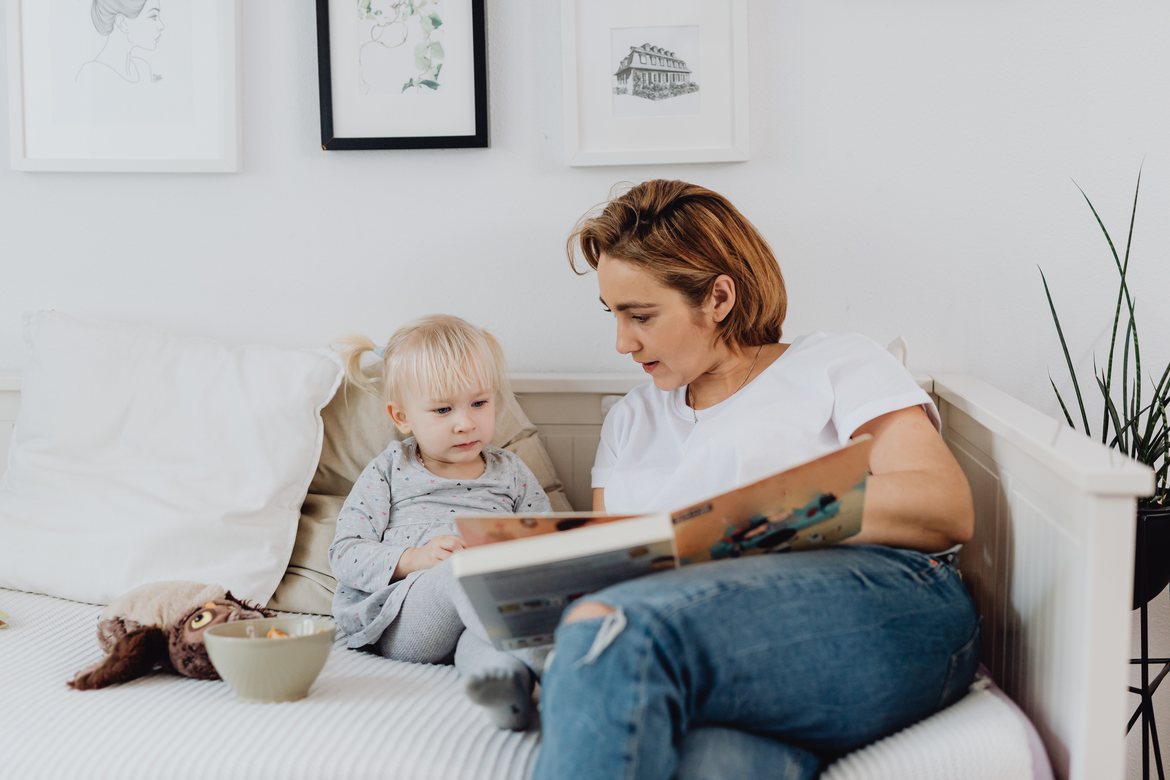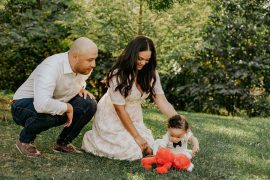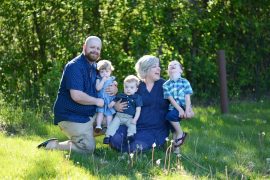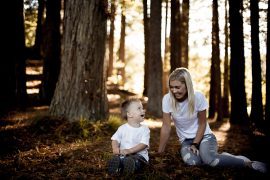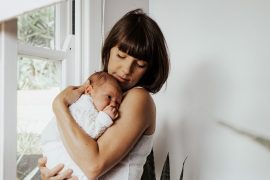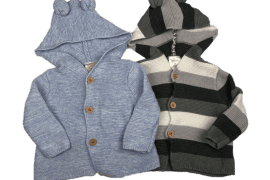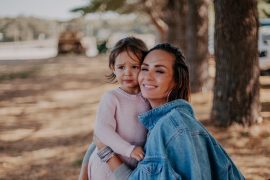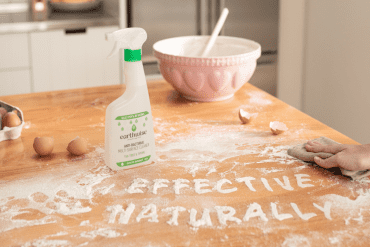“Christmas, it’s the most wonderful time of the year. Except for toddlers. Christmas can be a really dysregulating and overwhelming time of the year for many small people. This year will probably be even more so for many of our little ones who have spent the majority of the last 12 months in lockdown,” Sarah Bolitho, a Positive Parenting Specialist from Secure Foundations advises.
Finding the right way to discuss emotions, body positivity and protective behaviours can be daunting for parents. They are however, very important topics to help prepare our children for the busy holiday periods. Sarah Bolitho, a Positive Parenting Specialist from Secure Foundations, and a therapy expert on the Panel of Experts for Busy Books Australia, shares with us her approach using Busy Books Australia’s My Body Mindfulness Time Busy Book, in relation to incorporating body positivity and protective behaviours, which are especially important for our children around the holiday season. These strategies can also be adapted without use of the Busy Book.
Finding the right way to discuss emotions, body positivity and protective behaviours can be daunting for parents.
“As a former child protection practitioner and sexual abuse investigator, I’m passionate about supporting parents to hold protective behaviour conversations with their children from a very young age. Using teachable moments through play can help your little one to explore ideas of consent and body autonomy, especially around Christmas time when many children will be surrounded by people they may not know. Parents often worry about offending people – my message is always ‘your child’s safety is always more important.'”
SIMPLE ACTIVITY
For a simple activity, we used page 1 of the My Body Mindful Time Busy Book and used the prompts on the page to match the body parts. You can use another image of a body should you wish. Extend this conversation by talking to children about their private and public parts and use the correct anatomical names for these parts. Practise talking about sexual matters before your children reach an age where they may become reluctant.
Extend this conversation by talking to children about their private and public parts and use the correct anatomical names for these parts.
Use this as an opportunity to discuss your house rules. Things like:
- We can only touch our private parts when no one is around or in the bathroom
- We wear our underpants when playing with our brother/sister
- We use our penis to do wees
- When you’re playing, if someone stays “stop”, you must stop
- If someone asks for space we must give them some

